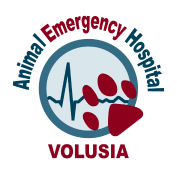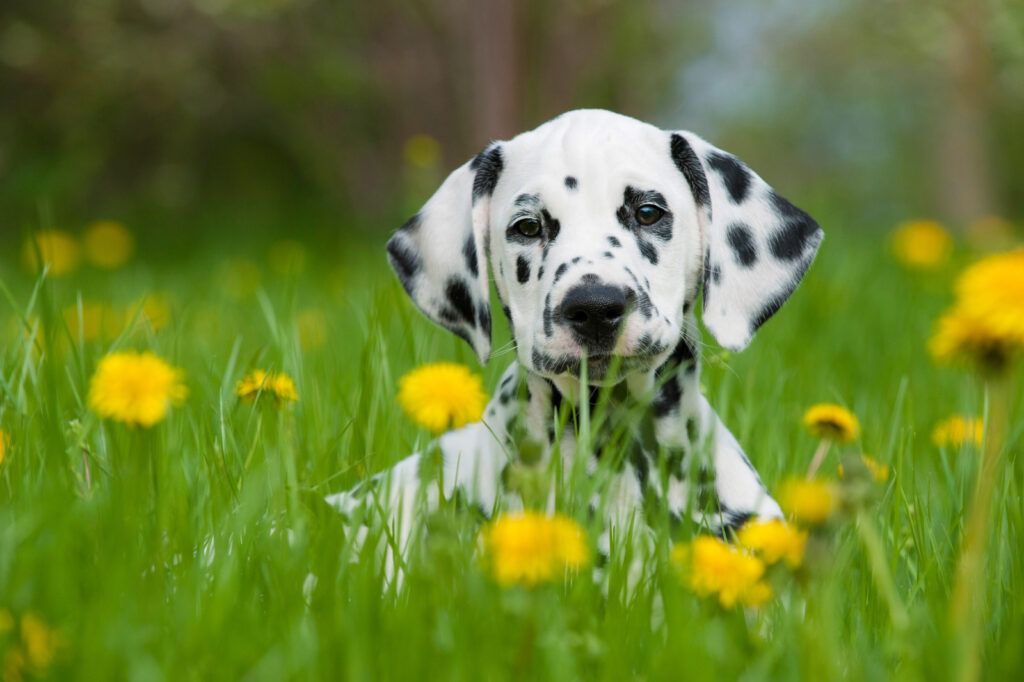The sunshine, warm breeze and longer daylight hours are beckoning – spring has sprung! But before you hurry outside to enjoy it with your pets, make sure you’re aware of some of the most common springtime health hazards for dogs and cats.
- Plants & Flowers: In springtime, many of the earliest plants to bloom are bulbs – think tulips, lilies and daffodils. These are also some of the most toxic plants, particularly to cats. Since it can be hard to identify plants when they’re just sprouting, it’s best to keep pets from snacking on any greens – period. If you’re planning to bring the outdoors inside, check the ASPCA Animal Poison Control’s list of toxic plants to ensure whatever you purchase is safe for pets.
- Outdoor Chemicals: Those lush green summertime lawns get their start now, often with the help of lawn-care products like fertilizers, weed-killers and pesticides. Many of those products can be harmful to pets, even in small amounts. Even if you opt for pet-friendly products, you can’t guarantee your neighbors will do the same, so keep your dog off green space that has recently been treated. (Look for those tiny white specks in the dirt or on the sidewalk.) If your pet does walk through something, wipe their paw pads and the area between their toes with soapy water when you get home to remove any toxins.
- Wildlife: Many wild animals, from alligators and panthers to deer, mate or nurse their young in springtime, making them more aggressive, more protective and exponentially more dangerous. Toads and snakes are also coming out of their winter hibernation, so they may be more active than in previous months. Try to avoid all encounters with local wildlife by keeping cats indoors, keeping dogs leashed on walks and carefully checking your yard for “visitors” before letting pets venture out.
- Seasonal Allergies: Just like us, dogs and cats can develop seasonal allergies when pollen becomes plentiful. You may hear a sneeze or two, but generally allergies plague pets with itchy skin. If you notice your pet rubbing his face, scratching or licking furiously, visit your veterinarian or a board-certified dermatologist, who can help determine the irritant and prescribe medication to provide relief. (It’s important to note that changing your pet’s food is not a quick fix, as seasonal allergies are completely different than food allergies.)
AEHV Is Open 24/7/365 and Is Ready to Help Pets in Need
If springtime trouble finds your pet, remember that you can turn to Animal Emergency Hospital Volusia (AEHV) for 24/7 veterinary emergency and critical care services in the Ormond Beach area. As a modern hospital, we have all of the latest diagnostic equipment, and we are experienced in treating all types of veterinary emergencies.
And, always remember that no appointment is ever needed.
If you believe your pet is experiencing a medical emergency, please call (386)252-0206 to let us know you’re coming. Our team will prepare for your arrival and tell you about our current safety protocols and curbside services. For your convenience, we encourage all clients to complete and submit client and patient forms online before your arrival.

